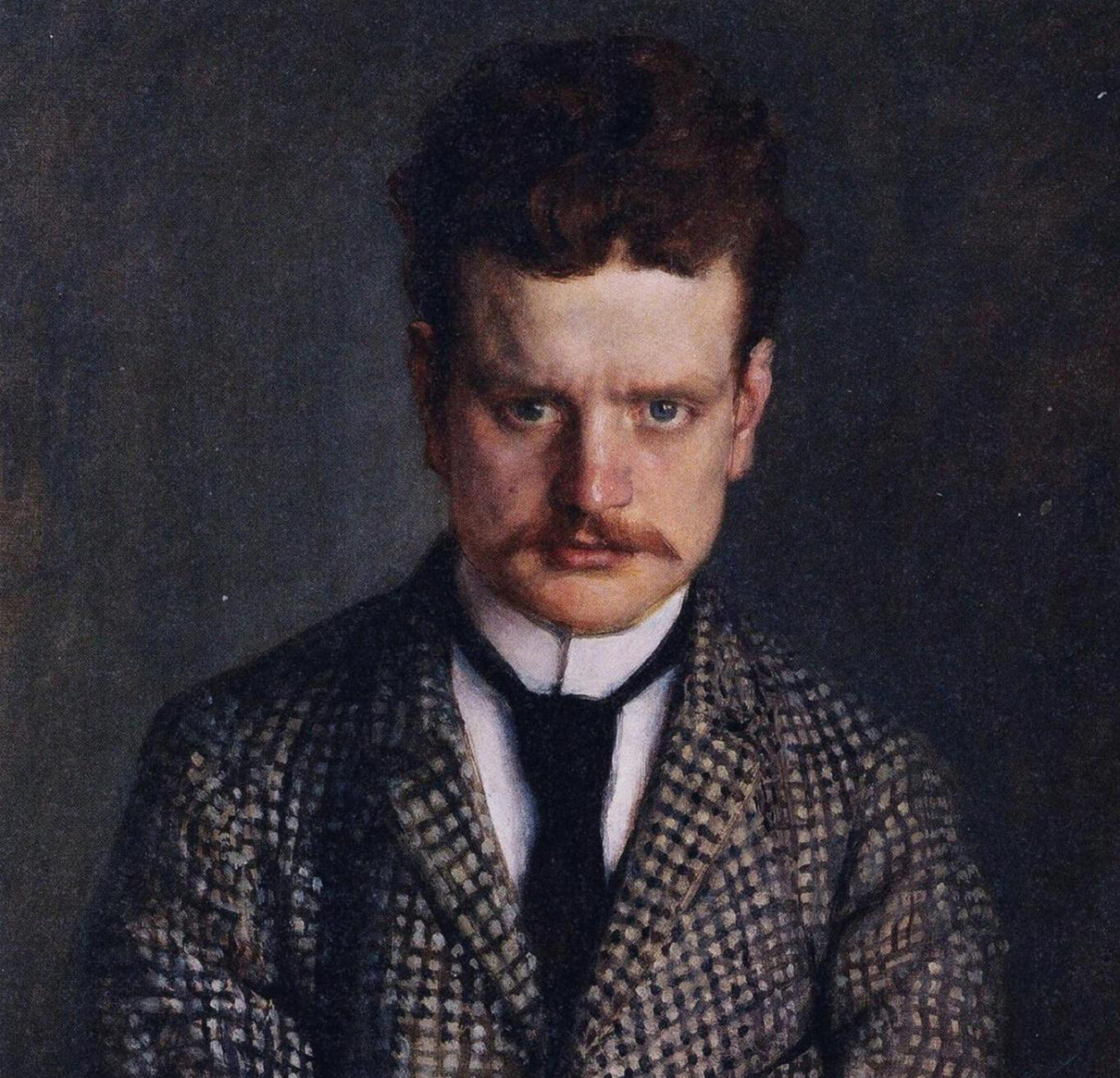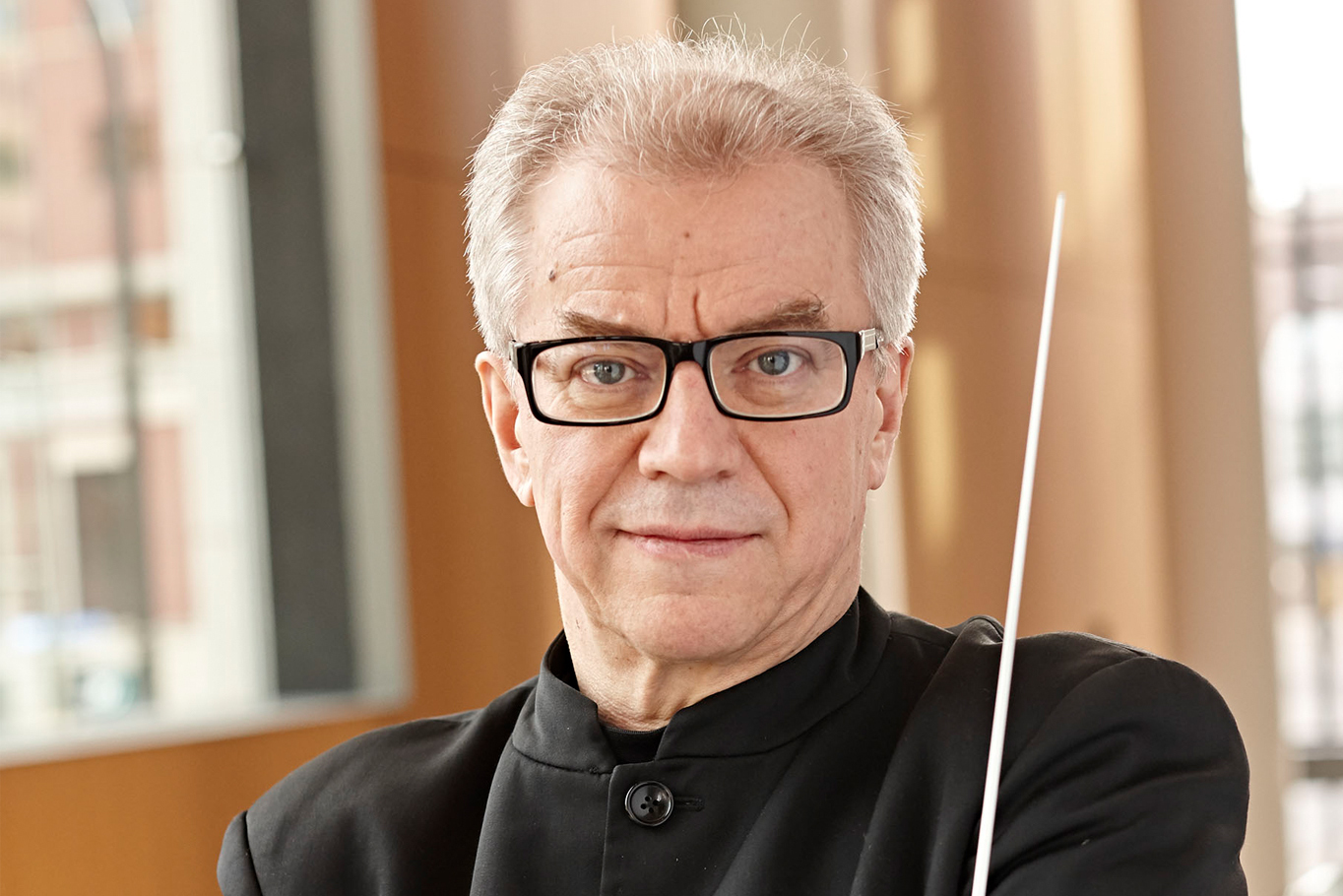
Who Was Sibelius? The Great Finnish Composer Who ‘Belonged To The Whole World’
21 March, 2024
In 2024, the Sydney Symphony Orchestra will present two concerts that focus on music by Jean Sibelius. But who was Sibelius, and why is his music so beloved by listeners around the world – and especially in his native Finland? We asked acclaimed Finnish conductor Osmo Vänskä for insights into the man he describes as 'a national hero'.
By Hugh Robertson
When Finnish composer Jean Sibelius died in 1957, then-President of the United Nations, Sir Leslie Munro of New Zealand, announced it to the General Assembly, declaring, ‘Sibelius belonged to the whole world. He enriched the life of the entire human race with his music.’
65 years later, Sibelius remains among the best-loved and most-performed of all composers, his works a staple of orchestral repertoire in every corner of the globe.
But who was Sibelius, and why does his music continue to speak to so many even after so long?
Born in 1865, Sibelius was a key figure in the Golden Age of Finnish Art in the second half of the 19th century, helping his country discover its identity and national character in the lead-up to its full independence in 1917 after centuries of foreign rule – first by Sweden, then by the Russian Empire.
As a result it was Swedish and Russian culture and stories that were dominant: Swedish was the official language, with Finnish considered low-class and uneducated. But Sibelius helped to change that: his music drew heavily on Finnish myths and legends, incorporating ancient stories into modern music, and giving Finnish people the opportunity to hear their own history exalted and celebrated.
‘It’s a unique situation in Finland,’ says conductor Osmo Vänskä.

‘At that time, Finnish people were obviously thinking, “can we stand by ourselves? Could we earn that kind of status to be an independent country?” And then Sibelius showed that a Finnish person can do things at the international level. So if Sibelius can do it, maybe we all can do it together. And that was an important point for our self-confidence.’
Vänskä is unquestionably one of the world’s great authorities on Sibelius. He has conducted Sibelius all over the world, and has recorded all of his major works several times – most notably with the Minnesota Orchestra, where he served as music director for 19 years, and with Finland’s Lahti Symphony Orchestra – which won just about every award and accolade under the sun. He has been called 'our greatest living Sibelian' (Sunday Times), with his interpretations hailed for their 'marvellous energy and dramatic fire' (The Guardian).
Vänskä is also no stranger to Sydney audiences, having conducted the Sydney Symphony on five occasions stretching back to 1998 – though we haven’t seen him in a decade. This April he returns to Sydney with a fascinating all-Sibelius concert, exploring the myths and legends of Finland and Sibelius’ search for a Finnish identity through music.
People often say that Sibelius’ music ‘sounds like Finland’ – dramatic, rich and expansive music that evokes the wintry landscape: the mighty pine forests that stretch for days, the network of lakes that dot the centre of the country, and the cold grey seas that envelop its southern half. Though even after a lifetime of studying his music, Vänskä isn’t sure if it is Sibelius’s music sounds like Finland or whether Sibelius was just so ubiquitous that we can’t think of Finnish music sounding any other way.
‘He definitely had his own musical language, which he used again and again,’ says Vänskä, thoughtfully. 'That musical language we recognise – I cannot tell you why, but Finns feel something in it.'
‘That is why Sibelius is an important composer. He didn't copy anyone. He wrote his own music, his own musical language. And that's what people would like to hear, not only in Finland, but outside of Finland. That is the most important.’

This will be a rare opportunity for Sydney audiences to hear these rich and captivating works: Sibelius’ seven symphonies and his Violin Concerto are fixtures of orchestral seasons around the world, but for this concert Vänskä has selected some rarely-performed pieces that take us deep into the heart of Finnish folklore and mythology, with most of them drawn from the Kalevala, a 19th-century compilation of epic poetry that heavily influenced JRR Tolkien when he was building the world of The Lord of the Rings. There are stories in the Kalevala that will be familiar to anyone who has read or watched fantasy series: a magical talisman that grants the holder great fortune, a river of death, giants, heroic tasks to win the hand of a fair maiden, and much more.
‘The Kalevala is a collection of stories, of songs – not with music, but a lot of lyrics there – and stories about the whole history of Finnish people,’ explains Vänskä. ‘It is full of stories that people told each other for hundreds of years, going from father to son, from mom to daughter.’
This concert features four ‘tone poems’, the name given to orchestral pieces (typically shorter than a full symphony) based on literary or visual inspirations. But Sibelius doesn’t attempt to depict his inspirations literally, preferring instead a suggestive and general evocation of their moods and messages. We will hear the Lemminkäinen Suite, including The Swan of Tuonela, which is often performed as a stand-alone piece, Pohjola's Daughter and The Bard, all superb examples of Sibelius’ gift for musical storytelling.
This program also contains four pieces for soprano and orchestra, all performed by Finnish soprano Helena Juntunen, who recorded these works with Vänskä and the Lahti Symphony Orchestra: the tone poem Luonnotar, about the creation of the earth, and the songs Höstkväll (Autumn Evening), Hertig Magnus (Duke Magnus) and Våren flyktar hastigt (Spring is Flying).
‘These really are the best of Sibelius,’ says Vänskä. ‘Lemminkäinen is from young Sibelius, and then the rest of the program are by middle-aged Sibelius, but very full of life – it is good musical storytelling.’
Don’t miss this opportunity to travel deep into the world of Finnish myths and legends when Osmo Vänskä conducts the music of Sibelius (24, 26 & 27 April) and when brilliant young Finnish conductor Dalia Stasevska conducts Sibelius’ Fifth Symphony (5 & 6 July), both at the Sydney Opera House Concert Hall.

